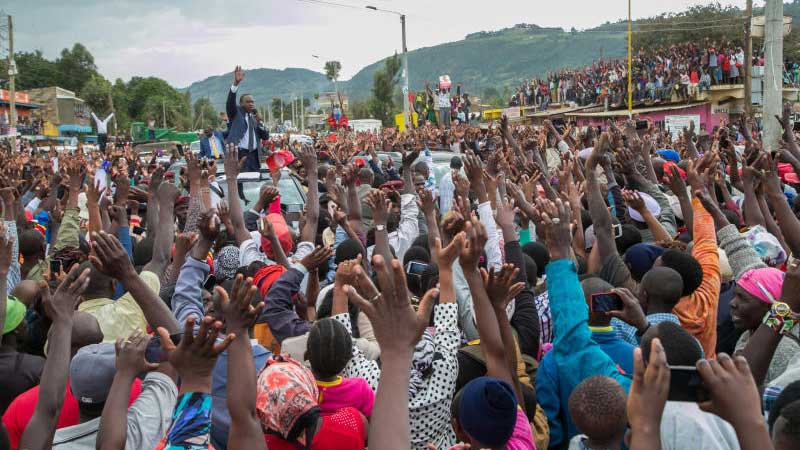
Throughout history, tax has never been popular. Rulers impose tax on the ruled either by consent through elected leaders or in the past because they got power through blood lines, the monarchies.
Either way, tax is seen as a means to control others and has always raised raw emotions. It is only after democracy flowered that tax got a better name. Our uproar over taxes has a lot to do do with this residue thinking and our addiction to “help”. While we have flirted with capitalism since Britain made Kenya a protectorate in 1895, we have not really made self reliance our philosophy.